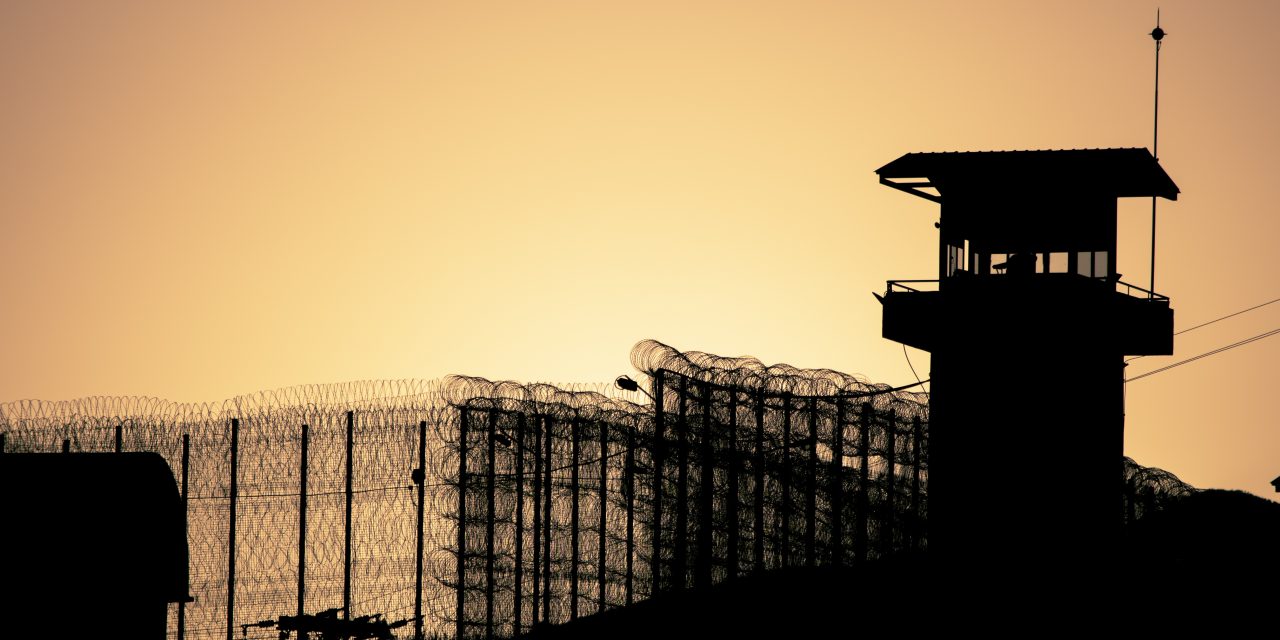The Department of Homeland Security (DHS) is pursuing a massive increase in resources for immigrant detention centers, a fundamentally flawed network of largely privatized and remote facilities used to hold immigrants. Yet this already unwieldy system has a concerning history of abuses and substandard conditions, which would likely only worsen with the proposed expansion.
The country has been reminded of these fatal flaws multiple times in the last few months, as more people die while in the supposed care of Immigration and Customs Enforcement (ICE).
Just last month, Luis Ramirez-Marcano, 59, died while in ICE custody. Ramirez-Marcano, a Cuban national, had been detained at the Krome Detention Center in Florida since January. He is the third person to die under ICE’s watch since Oct. 1, the start of fiscal year 2018.
Three weeks prior, 33-year-old Yulio Castro-Garrido, also of Cuba, died in ICE custody after being detained in the Stewart facility in Lumpkin, Ga. While records show Castro-Garrido died of pneumonia, his family is investigating the circumstances surrounding his death.
In December, 64-year-old Kamyar Samimi died of a heart attack while in ICE custody. Samimi, who was from Iran but lived in the United States for over 40 years, had been detained in Aurora, Co., for only two weeks. His death is being investigated as well.
All three of these ICE detention facilities—Krome in Florida, Stewart in Georgia, and Aurora in Colorado—have a concerning history of documented or alleged abuses. Moreover, ICE has contracts with private companies for some or all operations at each facility. Sadly, these conditions are a trend throughout U.S. immigration detention, which includes some 600 facilities used to detain 38,000 people every day, on average.
Any loss of human life is a tragedy, but it is also outrageous when neglect contributes to a death. Sadly, the poor to appalling state of immigrant detention has been shown to contribute to detainee deaths. DHS and its component agencies, including ICE, have a record going back more than a decade of people dying while in their custody—179 people since 2003. In some cases, the abysmal medical care provided at facilities was cited as a major contributing factor in the person’s death.
With detention expansion being a central part of the Trump administration’s aggressive immigration enforcement agenda, there is even greater need to understand the reality within immigrant detention—and how it impacts those outside.
As Frank Suarez-Garrido, the younger brother of Ramirez-Marcano, said, “It is just so unfair that [Luis] went [to detention] in full health, full of dreams, full of everything that an immigrant has to be better in this country and he just came out as a dead body.”
A rapid expansion of detention would not only require an influx of allocated tax dollars, it would only exacerbate the grave problems already evident in such facilities. To do so would endanger the lives of thousands of people and contradict the fundamental values of our country.
FILED UNDER: Department of Homeland Security, Family Detention, featured, Immigration and Customs Enforcement


